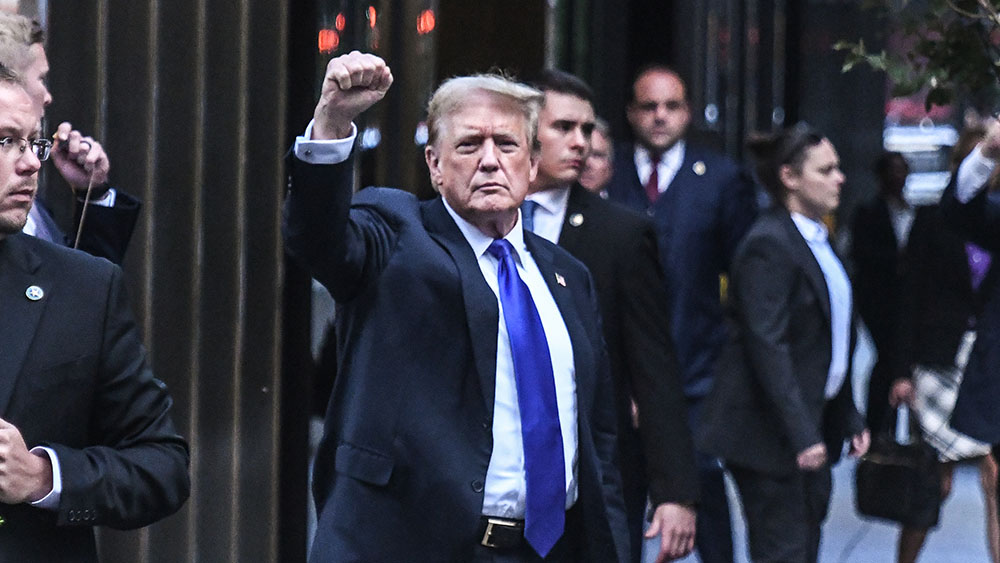 Parler
Parler Gab
Gab
Judge calls rule "impermissibly vague"
Moreover, Judge O'Connor agreed with the plaintiffs that the final rules adaptation was both “arbitrary and capricious” as the bureau failed to provide a thorough justification for the change to the rule. He also acknowledged that the ATF failed to consider public comments when creating it. He also expressed concern that the ATF was unable to explain how pistols equipped with braces classified as short-barreled rifles. As a result, individual gun owners would not have any way of knowing whether their pistol would be considered an unregistered short-barreled rifle until they were hit with felony charges by the ATF. The judge said the rule was “impermissibly vague.” The judge did not, however, consider whether the rule was constitutional because there was already enough to vacate it under the Administrative Procedures Act. This may not be the end of the matter, however, as the ATF is likely to appeal to the Fifth Circuit, but they have largely ruled in favor of the Second Amendment in the past. Therefore, it could end up in the Supreme Court, and that would likely take several years to reach a resolution. Sources for this article include: Ammoland.com WashingtonExaminer.comSupreme Court deals crushing blow to American liberty…
By News Editors // Share
House votes to eliminate corrupt J6 Committee run by RINOs and traitors
By Ethan Huff // Share
Biden campaign chair CONCEDES Florida’s 30 electoral votes to Trump
By Richard Brown // Share
Attacks on ‘cheap fakes’ extend Biden Administration’s war on free speech
By News Editors // Share
Governments continue to obscure COVID-19 vaccine data amid rising concerns over excess deaths
By patricklewis // Share
Tech giant Microsoft backs EXTINCTION with its support of carbon capture programs
By ramontomeydw // Share
Germany to resume arms exports to Israel despite repeated ceasefire violations
By isabelle // Share









